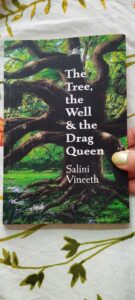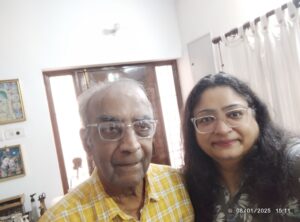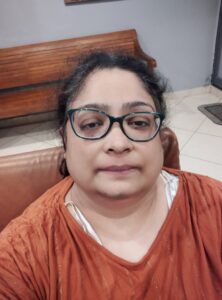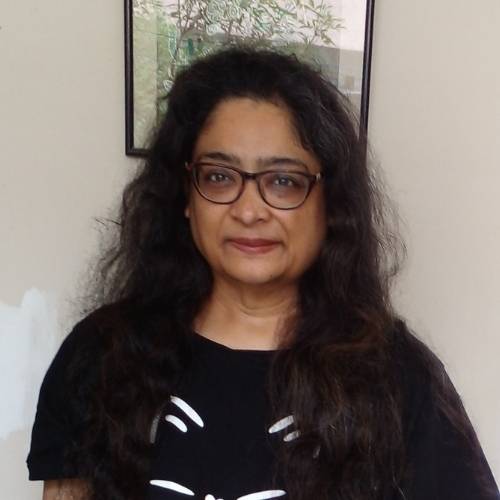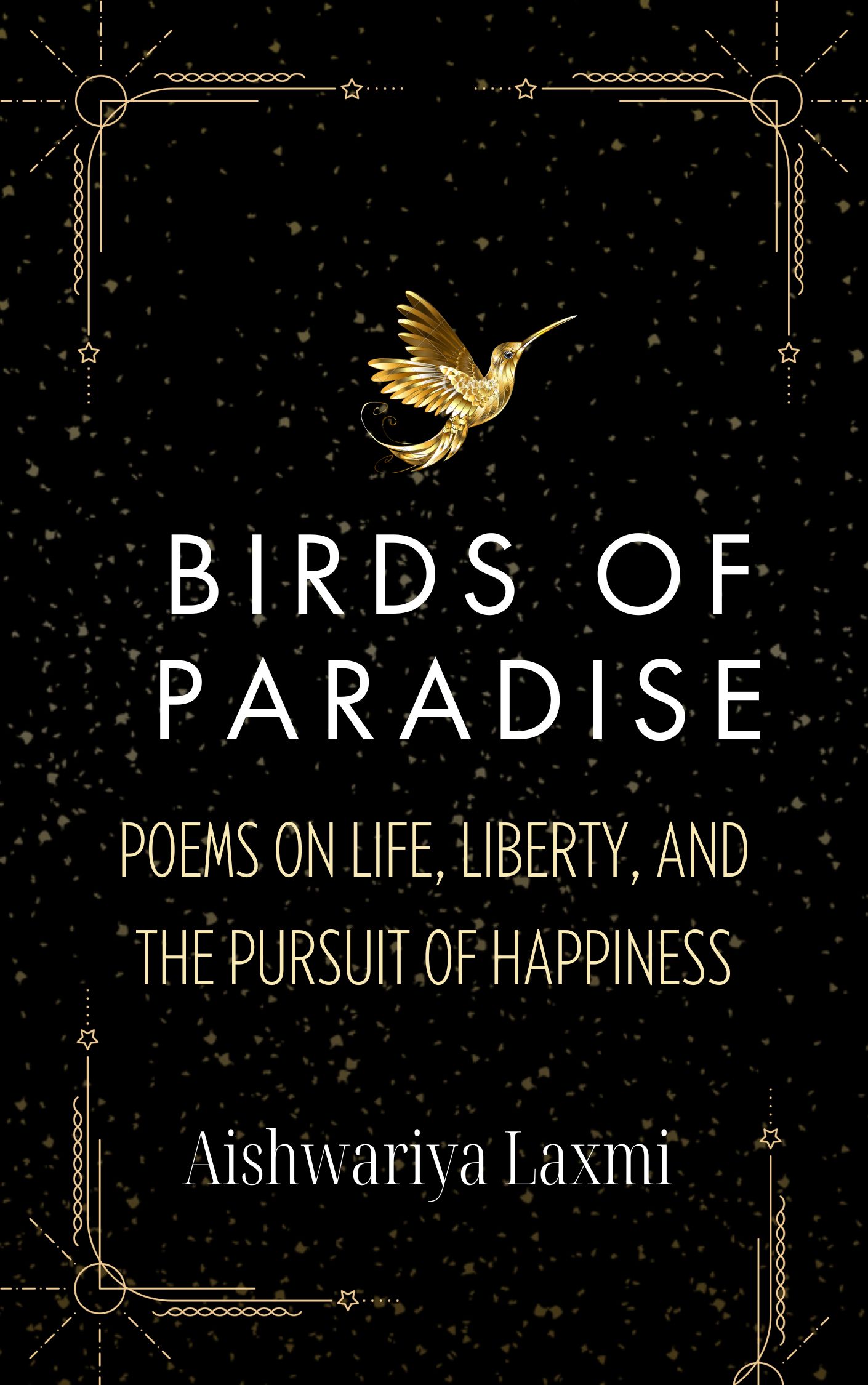As someone who has never been married, I was initially reluctant to read ‘Rewriting My Happily Ever After: A memoir of divorce and discovery’ by Dr Ranjani Rao when it came out. But everybody who reviewed it said it was uplifting and not depressing, so I decided to purchase a copy and I’m not disappointed.
Ranjani leaves for the US as a starry-eyed bride, but the marriage does not work out and she walks out of the marriage with her young daughter. The memoir is uplifting and inspiring. Ranjani inspires and motivates. Her narrative style pulls you in even if you are not the intended target audience. Ranjani’s account is with grace and dignity and not about airing her dirty laundry in public. It takes sensitivity to write like she has and I’m deeply appreciative. The author also writes about her experience with infertility, miscarriages and the difficulties she faced to conceive. The takeaway for women in crumbling marriages is that one must be educationally qualified and economically independent.
On page 20, Ranjani says “expressing vulnerability makes us stronger”. As someone who has listened to some of Brene Brown’s podcasts on vulnerability, I found myself drawn to this.
On page 48, in the chapter called ‘Books Matter’, the author talks about coming across the book ‘Eat, Pray, Love.’ She also speaks about ‘You can heal your life’ by Louise Hay. I’ve read both these books. I’ve also watched the movie version of ‘Eat, Pray, Love,’ starring Julia Roberts. Ranjani attended the ‘Heal Your Life’ workshop and it seems to have helped her a great deal. She realized that her own limiting beliefs were stopping her. She was carrying guilt, blame and anger within her for all that had transpired. She also cites Robin Roberts’ memoir “Everybody’s got something”, which I plan to check out.

She learned not to compare her life to anyone else’s since one has no idea what the other person is going through and what their journey is all about.
Writing about meditation, the author says “Going inward was as frightening as being lost in the woods. I was afraid that dark thoughts – grief, blame, self-pity- would emerge from the shadows of the recesses of my mind where I had pushed them. Meditation was supposed to be a way of sitting with your thoughts. I was not ready.”
In the chapter on prioritising self-care, Ranjani talks of getting her eyebrows done and how that small act of self-care signaled to her that she had taken the trouble to put herself first.
“Through books and activities that helped me soar over the disappointments of my home life, I escaped the dark depth of my loveless marriage that could have otherwise sucked me into depression”.
“Reading always calmed me down, but I had not considered writing as therapy.” She mentions the book, ‘365 days to a balanced and joyful life’ by Sarah Ban Breathnach, which helped her.
In a later chapter, the author wonders “who was I really?” – “A scientist. A writer. A mentor. A friend. When I stripped off all the labels, I was a person who had the right to pursue a life of purpose that was in alignment with my own values.”
“Who was I? I couldn’t answer the question. Who could I become? Anyone I chose to be. I could take the next sixteen years to figure it out if needed. Learning takes time. First, I had to unlearn. Next, I had to uncover the real me.”
“Nourishment comes in many forms. So does happiness. Surrounded by books and friends, sharing food and stories, I felt content. Somewhere deep in my soul, a palpable ease settled in. Yes, there was a part of me inside that was broken, but the edges were not so jagged anymore.”
By telling us how she rewrote her happily ever after, she shows the path for newly divorced women everywhere. It is recommended reading for those in troubled marriages or partnerships.
